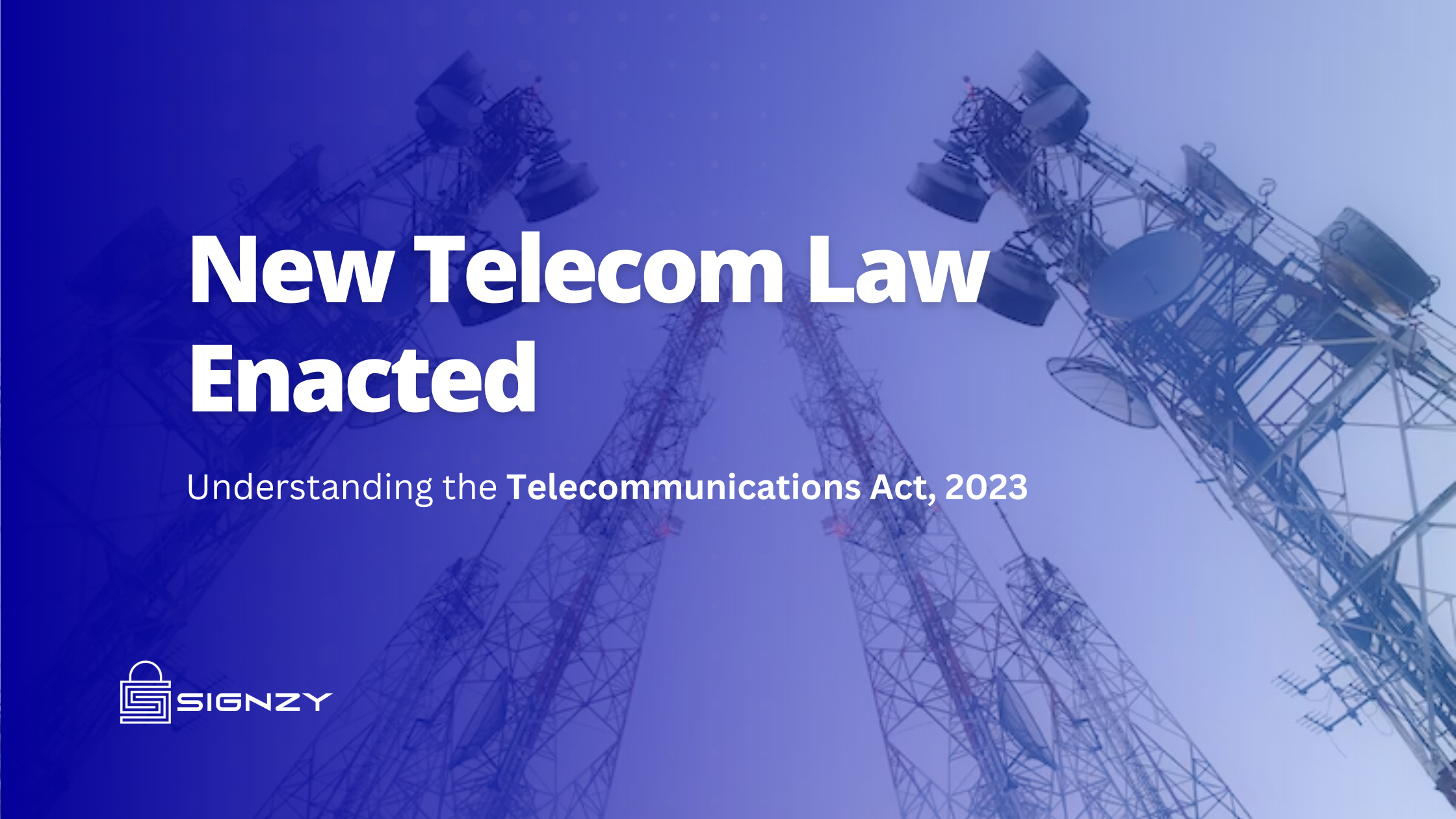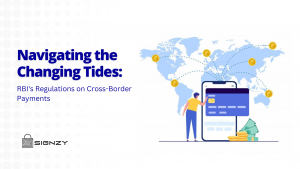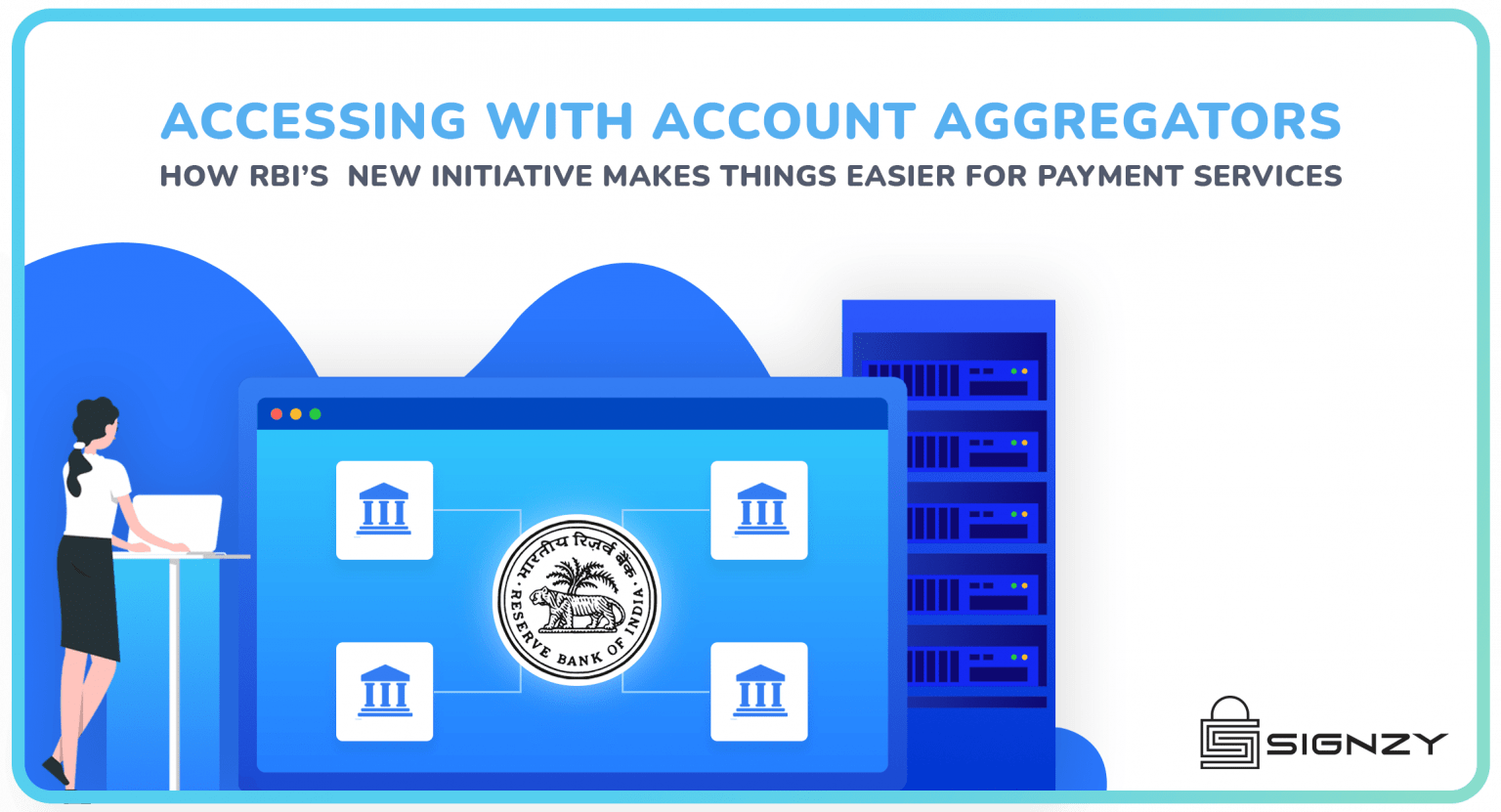The Indian telecommunications landscape recently witnessed a seismic shift with the passing of the Telecommunications Act 2023. This sweeping legislation promises drastic changes, and one aspect garnering immense attention is the mandatory KYC for all communication channels, including WhatsApp, Gmail, and Slack. But what does this truly mean for India’s digital future? Let’s dive into the Act’s implications and explore its potential impact on various stakeholders.
The KYC Conundrum
The Act mandates user verification via KYC (Know Your Customer) processes for all telecommunication services, encompassing not just traditional phone calls and SMS but also internet-based platforms like messaging apps, email, and even video conferencing tools. This move stems from the government’s aim to curb spam, fraud, and misuse of communication channels.
Potential Benefits:
- Enhanced Security: Verified users could reduce the spread of misinformation and fake news, leading to a safer online environment.
- Curbing Crime: KYC might deter criminal activities like cyberbullying, harassment, and financial scams facilitated through anonymous communication channels.
- Better Targeting: Businesses could benefit from personalized marketing and service delivery by having access to verified user data.
Challenges and Concerns:
- Privacy Infringement: Critics argue that mandatory KYC intrudes on user privacy, potentially enabling mass surveillance and stifling open dialogue.
- Technical Hurdles: Implementing KYC across diverse platforms with varied user bases poses significant technical challenges and requires robust data privacy safeguards.
- Digital Divide: Access to KYC infrastructure and resources may disproportionately impact rural and low-income populations, exacerbating the digital divide.
Shaping the Future
The Telecommunications Act 2023 undoubtedly introduces a paradigm shift in India’s digital landscape. While the intended benefits of curbing illegal activities and enhancing security are laudable, addressing privacy concerns and ensuring equitable access to KYC infrastructure remain crucial challenges. The Act’s success will hinge on its implementation, with transparency, robust data protection measures, and user-centric policies being paramount.
Impact on Specifics:
- Messaging Apps: Platforms like WhatsApp might need to integrate a government-approved KYC process, potentially impacting user experience and encryption protocols.
- Email & Online Platforms: Similar verification processes could be implemented for email accounts and online platforms, necessitating user data sharing with telecom service providers.
- Innovation & Competition: The new regulations might pose additional hurdles for smaller platforms and startups, potentially impacting the innovation and competition landscape.
The Telecommunications Act 2023, with its expansive definition of telecommunication services, has undoubtedly sparked some important discussions. While concerns regarding scope and regulatory burden are valid, it’s also crucial to acknowledge the positive potential this Act holds for India’s booming digital landscape.
First, let’s acknowledge the Act’s ambition. Encompassing diverse communication channels ensures no technology escapes regulation, safeguarding users and ensuring responsible use. This broad scope empowers the government to proactively address emerging challenges in a constantly evolving digital space.
Furthermore, the mandatory authorization requirement, often viewed as overly cautious, can be reframed as a catalyst for standardization and quality control. By streamlining entry into the telecom ecosystem, the Act paves the way for reliable and secure services for all users.
Yes, challenges exist. Potential regulatory overlap with existing laws like the IT Act needs careful consideration to avoid burdening businesses and fostering a climate of innovation. However, the Act’s flexibility through exemptions in Section 3(3) offers opportunities for targeted regulation, adapting to specific scenarios while preventing unnecessary hurdles for emerging technologies.
The anxieties surrounding potential stifled innovation are important, but perhaps misplaced. By establishing a clear and comprehensive regulatory framework, the Act can actually nurture confidence and attract investment, ultimately benefitting the ecosystem. With defined rules of the game, businesses can focus on developing cutting-edge technologies without navigating ambiguities.
The Telecommunications Act, 2023 acknowledges the dependency of digital services on the telecommunications sector, by explicitly highlighting that the latter is a gateway to the former. By doing so, the Bill openly distinguishes between online and telecom services.
Section 3 (7) – Any authorized entity which provides such telecommunication services as may be notified by the Central Government, shall identify the person to whom it provides telecommunication services through use of any verifiable biometric based identification as may be prescribed.
Section 3(7) of the Telecommunications Act 2023 outlines a proactive approach to user identification, mandating verifiable biometric-based identification for certain services. While this provision has stirred debate, it’s worth considering its potential benefits:
Enhanced Trust and Security:
- Combating Fraud and Misuse: By linking individuals to their telecom accounts through biometrics, the Act aims to significantly reduce fraudulent activities, impersonation, and unauthorized access, fostering a more secure and trustworthy digital environment.
- Preventing Malicious Activity: Biometric verification can act as a powerful deterrent against online abuse, cyberbullying, and the spread of misinformation, contributing to a safer and more responsible digital space for all users.
Streamlining User Experiences:
- Simplified Authentication: Biometric identification offers a seamless and convenient way for users to authenticate themselves across various platforms and services, potentially reducing reliance on passwords and PINs, which can be forgotten or compromised.
- Personalized Services: Verified user identities could enable telecom service providers to offer more tailored and relevant services, enhancing user experiences and satisfaction.
Regulatory Compliance and Data Protection:
- Addressing Evolving Threats: The Act’s biometric requirement aligns with global trends in digital identity management, recognizing the need for robust measures to combat increasingly sophisticated cyber threats and protect user data.
- Data Protection Framework: The Digital Personal Data Protection Act 2023 provides a strong foundation for safeguarding sensitive biometric data, ensuring its responsible collection, storage, and usage by authorized entities.
While balancing privacy concerns is crucial, the Act’s focus on secure identification demonstrates a commitment to fostering a trusted and secure digital landscape in India. It’s important to note that the Supreme Court’s rulings on Aadhaar and privacy remain guiding principles, and the Act’s implementation will likely prioritize user consent and data protection safeguards
Finally, let’s not forget the Act’s potential to empower smaller players. Streamlined authorization processes and standardized regulations can pave the way for greater competition and inclusivity.
Moving Forward
The Telecommunications Act 2023 presents both opportunities and challenges for India’s digital future. Balancing security concerns with user privacy, ensuring inclusive access, and fostering a healthy innovation ecosystem will be crucial as India navigates this evolving landscape. Open dialogue, transparent implementation, and user-centricity will be key in shaping a robust and inclusive digital future for all Indians.
Your Turn
This Act’s implications are far-reaching and multifaceted. What are your thoughts on the mandatory KYC provision? Do you see it as a positive step towards a safer online environment or a potential threat to user privacy? Share your opinions and join the conversation!
About Signzy
Signzy is a market-leading platform redefining the speed, accuracy, and experience of how financial institutions are onboarding customers and businesses – using the digital medium. The company’s award-winning no-code GO platform delivers seamless, end-to-end, and multi-channel onboarding journeys while offering customizable workflows. In addition, it gives these players access to an aggregated marketplace of 240+ bespoke APIs, easily added to any workflow with simple widgets.
Signzy is enabling ten million+ end customer and business onboarding every month at a success rate of 99% while reducing the speed to market from 6 months to 3-4 weeks. It works with over 240+ FIs globally, including the 4 largest banks in India, a Top 3 acquiring Bank in the US, and has a robust global partnership with Mastercard and Microsoft. The company’s product team is based out of Bengaluru and has a strong presence in Mumbai, New York, and Dubai.
Visit www.signzy.com for more information about us.
Contact us directly!













